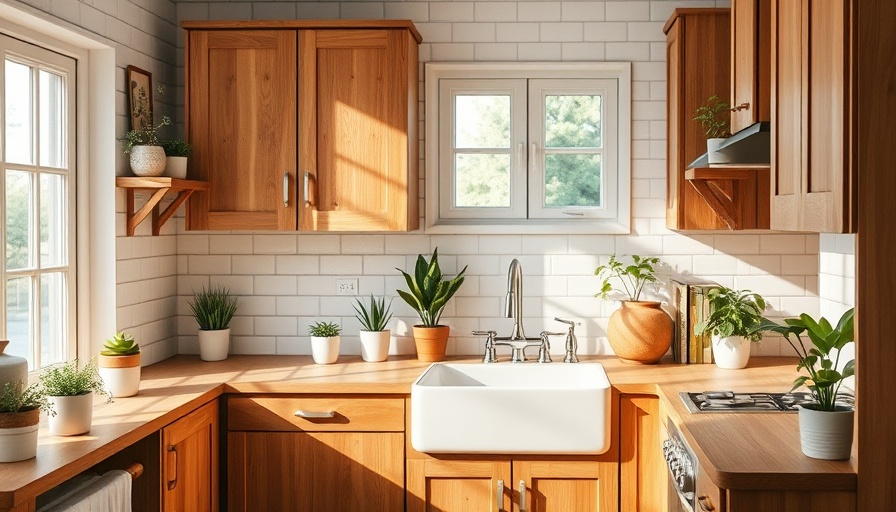
Why relaxing after a long day matters
After a long day filled with responsibilities and stressors, it’s crucial to carve out a moment for yourself. Ignoring the need to unwind is a recipe for deteriorating health, affecting everything from sleep quality to mood stability. Fortunately, adopting a few straightforward practices can transform your evenings from chaotic to tranquil.
Unplugging for better relaxation
Step away from screens. This is not just advice we’ve heard; it’s essential for our mental health. The barrage of notifications and scrolling can leave your brain in overdrive. Establishing a technology curfew at least one hour before you hit the pillow allows the mind to decompress. Instead, opt for calming activities such as journaling or listening to music that soothes your tired mind.
The power of self-care rituals
Self-care extends beyond just a warm shower. Elevate your routine; indulge in a bath enriched with bath salts or bubbles. Light candles, play your favorite mellow music, and immerse yourself in a good book or a beloved show to make it a thoughtful experience. Don’t underestimate the soothing effects of scents like lavender and eucalyptus—they can enhance your relaxation.
Stretch it out
Gentle stretches can relieve tension built up during the day. And guess what? You don’t need a gym membership. Many online resources offer simple routines to follow, focusing on breath and movement. When you let your body stretch while focusing on calm breathing, you send signals to your nervous system that it’s time to relax and unwind.
Tea time
Herbal teas such as chamomile, peppermint, or lemon balm have calming properties that are perfect for an evening ritual. The act of brewing tea can itself promote mindfulness—take those moments to engage your senses, feeling the heat of the cup and smelling the herbs. This small act helps signal to your body that it’s time to wind down.
Writing: a one-way ticket to peace
Ever had a day so frustrating that recalling it makes you shudder? Get it out. Write it down. Journaling not only helps process your emotions but also provides clarity. Release your worries onto paper. List three things you are grateful for or jot down tasks for the next day. Clarity and gratitude can make a significant impact on your mindset before bed.
Rituals for restful nights
Create a nighttime routine that signals your body it’s time to rest. Dim the lights, wear cozy clothes, and play some calming music. Consider integrating a short meditation to help calm your racing mind. Consistency is key; the more you do it, the more your body will respond positively.
Last thoughts on unwinding
Everyone deserves to unwind after a demanding day. Beginners can start small and gradually refine their routines. Whether through unplugging, indulging in self-care, stretching, sipping tea, journaling, or establishing bedtime rituals, explore what suits you. Your mental clarity and overall well-being will thank you, ultimately leading to deeper, more restorative sleep.
 Add Row
Add Row  Add
Add 




Write A Comment